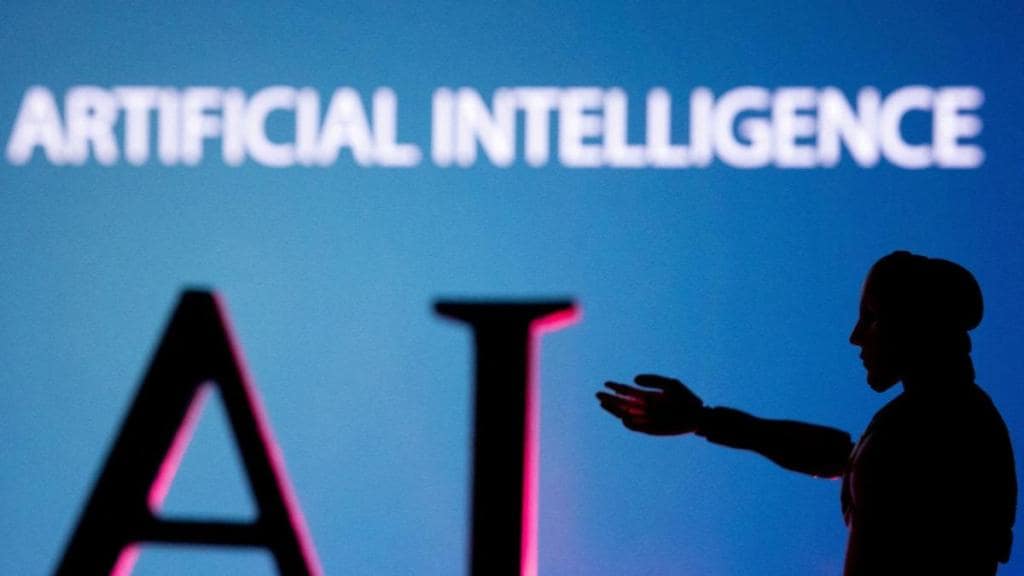While Generative AI (artificial intelligence) might open up more discretionary spends and revenue for IT industry, two recent research reports highlight the barriers IT companies face in successfully building Gen AI solutions for enterprises.
From data quality, lack of talent and privacy concerns to precise identification of suitable use cases and regulatory barriers, business leaders are weighing all these factors before adopting Gen AI solutions.
Data is the basic raw material for building Generative AI models. However, enterprises are concerned about the quality of data collected and gathered that can pose huge challenge to build effective Gen AI solutions.
A Infosys research mentions that almost half of all respondents cited data challenges — either privacy and security, or usability — as their biggest obstacle to generative AI implementation.
It added, “Hallucination and intellectual property infringement are significant inherent risks in using generative AI that relies on public data. For that reason, many businesses look to build organisation-specific tools trained on corporate rather than public data.” Hallucination is fabricating of information or giving output of inaccurate information.
Another report from LTIMindtree added that 78% of respondents in UK and Continental Europe cited data quality or availability issues as the primary barrier to Gen AI adoption.
It added, “For enterprises yet to embark on their Gen AI journey, formidable barriers loom large, including operational costs, challenges related to data quality and availability, and the need for precise identification of suitable use cases.
“A staggering 79% of leaders cite ethical, security, or regulatory issues as barriers to the successful adoption or scaling of Gen AI, while 78% identify a lack of suitable skills, expertise, or knowledge as their greatest challenge.”
It highlighted that very few organisations from healthcare industry have shown interest to adopt Gen AI.
“Only 9% of Gen AI leaders are found in the healthcare industry, despite its extensive use of advanced technologies such as big data, machine learning and AI.
“Regulatory barriers, concerns over the safeguarding of sensitive patient information, and the complexity of health data contribute to the cautious adoption of Gen AI in healthcare.”
Similarly, the banking and finance sector, another highly regulated industry, made only 17% of Gen AI adopters in the same survey.
The highest adoption percentage was seen in consumer-facing industries such as retail and manufacturing that are at the forefront of Gen AI adoption, with 40% of Gen AI leaders operating in these sectors, said the LTIMindtree’s survey.
Giving a region wise difference in the types of challenge enterprises face in their path to Gen AI adoption, the report said, “For the US, the key barrier is identifying appropriate use cases. For the UK, Continental Europe, and the Nordics, it’s data quality or availability issues, while for the Nordics, the number one barrier is technical infrastructure challenges.”

